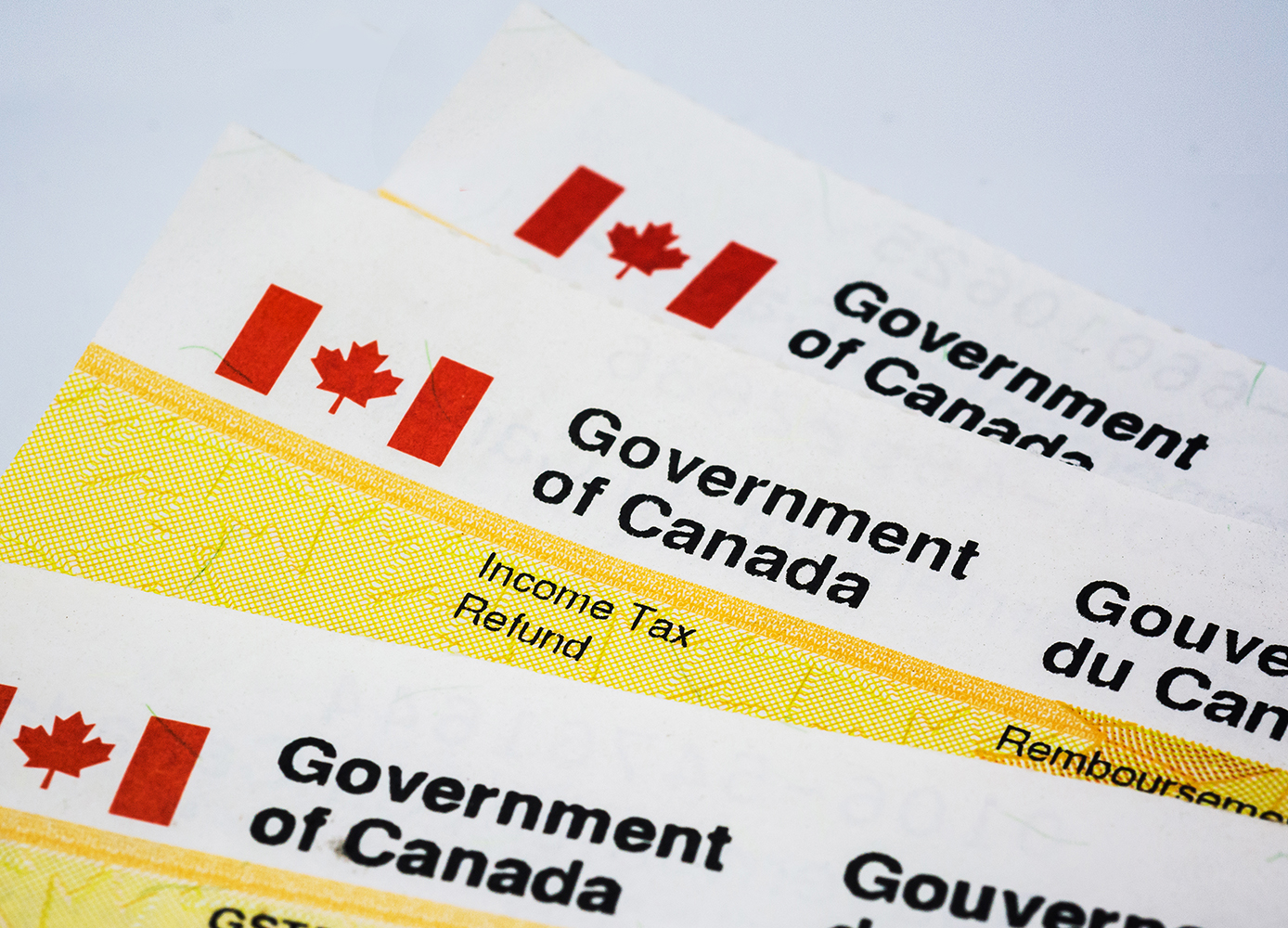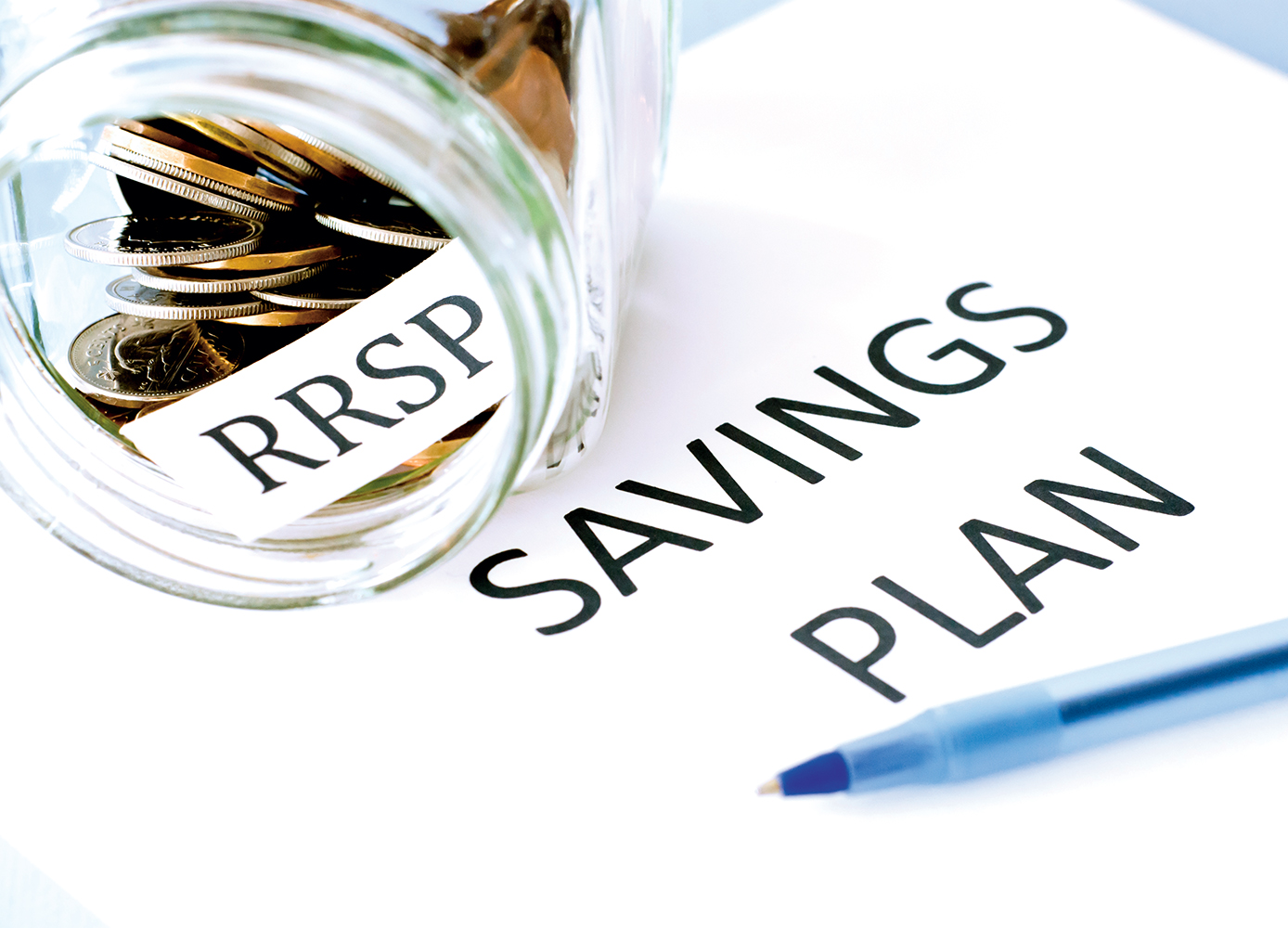In essence, probate is the legal seal of approval needed for a will to be executed
In the regular feature Your Questions, Olev Edur provides answers to questions from our readers regarding their rights, personal finance, and estate planning. Here’s one on probate law.
Q.When my friend recently divorced, he bought out his wife’s half of their home and now owns it outright. He has willed it and all his other assets to his daughter from a previous marriage, but will these assets go directly to her or do they need to be probated? He also has an RRSP with the same beneficiary designated—what happens to that? Will the government tax it in her hands?
A.Generally, everything in one’s estate must go through probate before reverting to the new owner. Probate is essentially a legal seal of approval for the transfer of your assets in your absence. Financial institutions, for example, often require probate to ensure that a given property actually belonged to the deceased and should, in fact, go to the beneficiaries as designated.
There are, however, certain exceptions to the probate requirement, including RRSPs (and RRIFs or insurance policies) for which a beneficiary has been designated. In this case, the assets in the plan will indeed go directly to the beneficiary, bypassing the estate, although RRSP/RRIF proceeds still must be included in the deceased’s final tax return (insurance policy proceeds are generally tax-free). And there’s no way around this taxation unless the beneficiary is a spouse (or common-law partner), in which case the RRSP can be “rolled over” into the spouse’s name without immediate tax consequences; the proceeds become taxable only when the spouse withdraws them or passes on.
Photo: iStock/designer491.





